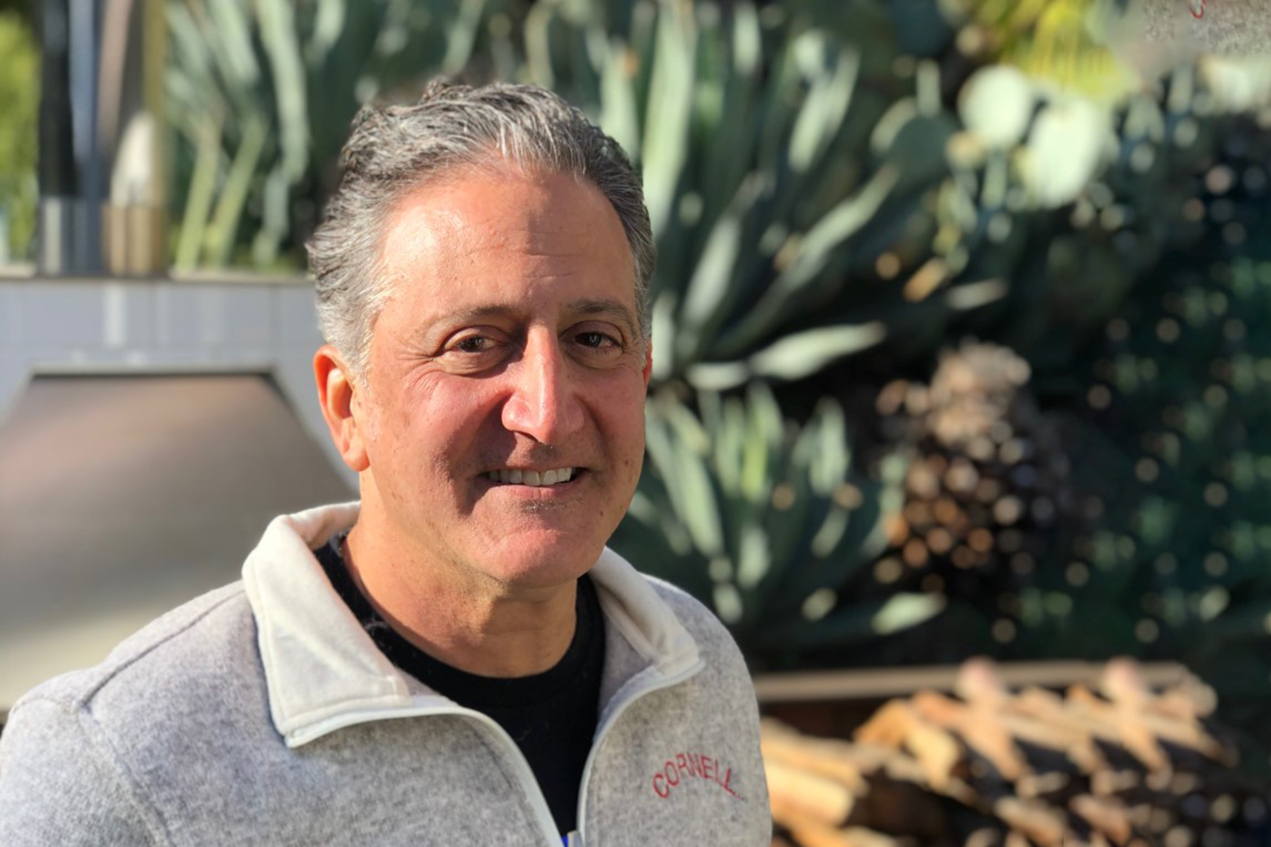At the height of the materialistic ’80s, when most of his classmates in medical school were shooting for brass ring specialties like orthopaedics and ophthalmology, Jeffrey Klausner was ready to call it quits.
A year at a new AIDS research center in Zaire changed his mind. Studying the spread of HIV among heterosexuals in Kinshasa transformed his worldview and inspired a prolific 30-year career in public health, specializing in infectious diseases such as HIV and other sexually transmitted diseases like syphilis and gonorrhea.
“No one had ever explained to me that you could be a doctor and do this kind of work — serving public health on a global scale,” said Klausner, MD, MPH, who recently joined the Keck School of Medicine of USC’s Department of Preventive Medicine as a clinical professor of preventive medicine. “It was exhausting, challenging, but it was invigorating in many ways as well.”
After completing his work in Zaire, Klausner finished medical school at Cornell University and went on to work at Bellevue Hospital in Manhattan in the ’90s, during the AIDS epidemic. From there he conducted more AIDS research in Thailand, studied at Harvard University, worked for the Centers for Disease Control and Prevention (CDC) in San Francisco and completed a clinical fellowship in infectious diseases at the University of Washington.
As director of the San Francisco Department of Public Health STD Section, Klausner set up the St. James Infirmary, the first occupational health and safety clinic for sex workers. The clinic recently celebrated its 20th anniversary. More recently after a stint with the CDC in South Africa as head of the PEPFAR HIV and TB Program, he was a professor of medicine and public health at UCLA, where he practiced medicine and taught infectious diseases.
Klausner has a large NIH portfolio of research projects in Botswana, South Africa, Peru and Vietnam. The underlying theme in his work is addressing global health injustice — transferring technology and interventions from the U.S. to other areas to improve the community health. In Peru, for example, his team is working to develop a vaccine for syphilis, which contributes to the high rate of stillbirths globally.
He takes great pride in his work as a mentor to his students.
“Part of my joy of being in academic medicine is working with young, smart, hard-working people,” he said. “My teams are very productive because I delegate and allow them to take the lead.”
Klausner’s passion for health equity drew him to USC. He will be working with the COVID-19 Pandemic Research Center and other faculty on HPV vaccination policy.
“USC has a reputation for serving different populations that traditionally may not have the best access to medicine,” he said. “It is a tremendous opportunity to have a greater focus on community health.”
— Cristine Hall


